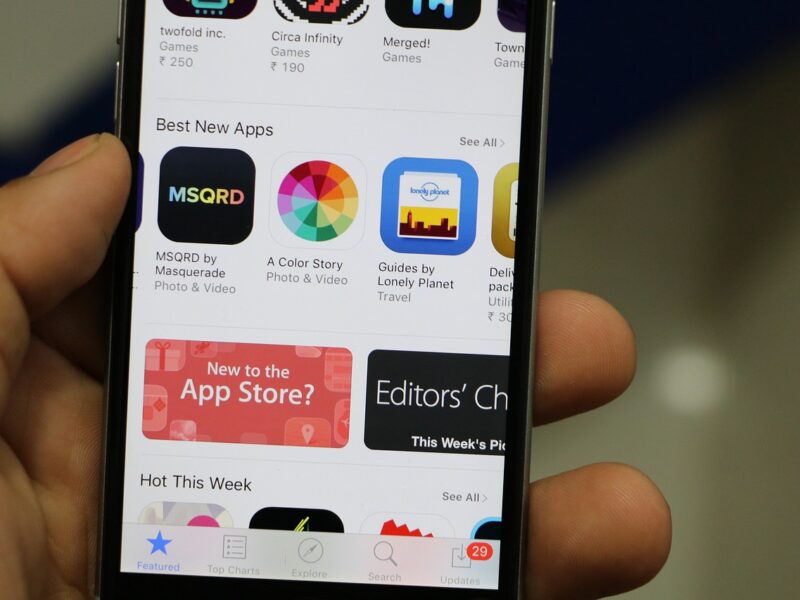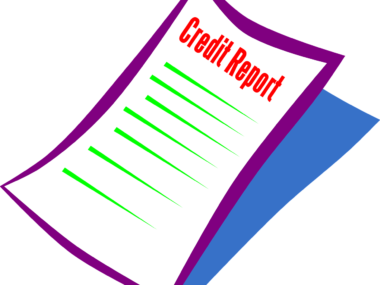The financial sector in Nigeria is fast growing with increasing technological advancements. The introductions of new software in the fintech industry is becoming more and more regular and loan apps are not left out. These apps leverage technology to streamline the borrowing process, making it easier and faster for users to access loans without the need for extensive paperwork or collateral.
In Nigeria, the proliferation of mobile loan applications (loan apps) has transformed how individuals and small businesses obtain loans. Loan apps in Nigeria emerged as a response to the need for quick, accessible, and unsecured loans. Traditional banking systems often involve lengthy procedures and stringent requirements, making it difficult for many to access credit. Mobile loan apps bridge this gap by offering instant loans with minimal paperwork.
Benefits of Loan Apps
- Convenience and Speed: Loan apps provide a seamless user experience, allowing borrowers to apply for loans from the comfort of their homes. The application process is typically straightforward, and approvals can be instantaneous or within a few hours.
- Accessibility: These apps cater to a wide audience, including those who are unbanked or underbanked, thereby increasing financial inclusion. Users only need a smartphone and an internet connection to access loan services.
- Flexible Loan Options: Loan apps offer various loan products, including personal loans, business loans, payday loans, and emergency loans. Borrowers can choose from different loan amounts and repayment terms based on their needs.
- Minimal Documentation: Unlike traditional banks, loan apps usually require minimal documentation, often just basic personal information and bank account details.
- Credit Score Building: Regular repayment of loans taken via these apps can help users build their credit history, which may improve their chances of securing larger loans in the future.
Challenges of Loan Apps
- High Interest Rates: Loan apps often charge higher interest rates compared to traditional banks.
- Short Repayment Periods: Loans typically have short repayment terms, which can be challenging for some borrowers.
- Privacy Concerns: Users must provide personal information, which raises concerns about data security and privacy.
- Debt Cycle Risk: Easy access to loans can lead to a cycle of debt if borrowers take out new loans to repay old ones.
Top Loan Apps in Nigeria
Several loan apps have gained popularity in Nigeria due to their reliability and user-friendly features. Below are some of the top loan apps available:
- Carbon (formerly Paylater): Offers instant loans, bill payments, and investment options with a 7 to 180 days repayment period.Their interest rate starts from 5% per month and their loan amounts is up to NGN 1,000,000.
- Branch: Provides instant loans, flexible repayment, and investment opportunities. 15% to 34% monthly. The loan amount is up to NGN 500,000 with a repayment period of 4 to 40 weeks.
- FairMoney: Offers instant loans and bill payments with 10% to 30% interest monthly. The loan amount is up to NGN 1,000,000 and should be repaid between 61 to 180 days.
- Palmcredit: offers Instant loans with a focus on user convenience and interest rate of 14% to 24% monthly. The loan amounts up to NGN 300,000 and should be repaid within 14 to 180 days.
- Aella Credit: Provides loans to individuals and small businesses with interest rate of 6% to 20% monthly. The loan amounts up to NGN 1,000,000 and should be repaid within 1 to 3 months.
- QuickCheck: AI-driven app that offers quick loans and assesses creditworthiness using smartphone data. Interest rate ranges from 2% to 30% monthly and the loan could be up to NGN 500,000. The loan is typically repaid within 30 days.
- Renmoney: Offers personal and business loans, savings plans, and fixed deposit accounts. The loan amounts up to ₦6,000,000 with interest rate of 2.8% to 9.33% monthly and a repayment period of 3 to 24 months.
- KiaKia: Peer-to-peer lending platform offering personal and business loans and interest rate of 3.5% to 24% monthly. The loan amounts up to NGN 1,000,000 and is repaid within 7 to 30 days.
- Lendigo: Focuses on providing loans to small and medium-sized enterprises (SMEs) and the interest rate varies based on the business profile. The loan amount can be up to NGN 10,000,000 and is repaid within 1 to 6 months.
How to Apply for a Loan Using an App
- Download the App: Download the loan app from Google Play Store or Apple App Store.
- Register: Create an account by providing necessary details such as name, email, and phone number.
- Fill Out Application: Enter personal and financial information required by the app.
- Submit Required Documents: Upload any necessary documents, such as a valid ID, bank statements, and proof of income.
- Loan Approval: The app will review your application and approve or reject it within minutes.
- Receive Funds: If approved, the loan amount will be disbursed directly to your bank account.
Factors to Consider When Choosing a Loan App
- Interest Rates: Compare the interest rates offered by different apps.
- Loan Amount and Terms: Consider the maximum loan amount and repayment terms.
- Fees and Charges: Be aware of any additional fees or charges.
- User Reviews: Read reviews from other users to gauge the app’s reliability.
- Customer Support: Check if the app provides robust customer support.
Regulatory Environment
The Central Bank of Nigeria (CBN) and other regulatory bodies have been working to develop guidelines for digital lenders to ensure consumer protection and financial stability. Key regulations include:
- Licensing Requirements: Loan apps must obtain the necessary licenses to operate legally. This ensures that they meet certain standards of practice.
- Interest Rate Caps: Regulations may impose caps on interest rates to protect consumers from exorbitant charges.
- Consumer Protection: Guidelines to ensure transparent lending practices, including clear communication of loan terms and conditions.
- Data Protection: Compliance with data protection laws to safeguard users’ personal information.
Future Prospects
The future of loan apps in Nigeria looks promising, with potential for further growth driven by technological advancements and increased smartphone penetration. However, achieving sustainable growth will require addressing the challenges of high interest rates, loan defaults, and regulatory compliance. Collaboration between fintech companies and regulatory bodies will be crucial in creating a robust and secure digital lending ecosystem.






